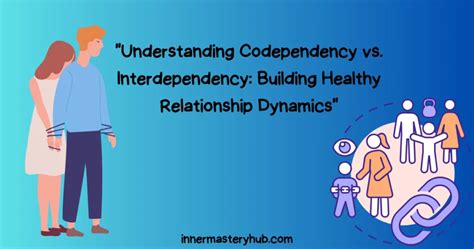Introduction

Navigating the relationship between your daughter and her boyfriend can be an emotionally charged and often challenging journey. As a parent, it’s natural to have concerns and questions about this important figure in your daughter’s life. This comprehensive guide aims to provide you with insights, practical tips, and a deeper understanding of this complex relationship.
Understanding the Dynamics
Attachment Styles and Communication Patterns
The attachment styles that both your daughter and her boyfriend bring into the relationship significantly influence their communication patterns. Securely attached individuals tend to have healthy communication skills, while insecurely attached individuals may struggle with trust, anxiety, or emotional distance. Understanding these attachment styles can help you anticipate potential communication challenges and provide supportive guidance.
Hormonal Influences and Emotional Expression
Adolescence and young adulthood are marked by significant hormonal shifts that can impact emotions and behavior. Your daughter and her boyfriend may experience intense feelings, mood swings, and increased sensitivity. It’s essential to recognize these hormonal influences and approach conversations with empathy and understanding.
Cultural and Family Influences
Cultural norms, family values, and parental expectations can shape the dynamics of the relationship. It’s important to be aware of your own cultural and family background and how they might influence your expectations and perceptions. Respecting your daughter’s autonomy and cultural differences is crucial for fostering a healthy relationship.
Role of the Parent
Supportive Presence and Boundaries
As a parent, your role is to provide a supportive presence while also maintaining appropriate boundaries. Encourage your daughter to talk openly about her relationship, offer guidance without being overbearing, and respect her decisions while expressing your concerns when necessary. Avoid interfering in their relationship or trying to control their choices.
Facilitating Healthy Communication
Encourage your daughter and her boyfriend to have open and honest communication with each other. Help them develop effective conflict resolution skills and foster a respectful dialogue. Create a safe space for them to talk about their feelings, concerns, and goals.
Supporting Independence
While providing guidance and emotional support, it’s essential to support your daughter’s independence and self-confidence. Encourage her to make her own decisions, take responsibility for her actions, and develop a healthy sense of self-worth.
Benefits of a Healthy Relationship
Improved Emotional Well-being
Healthy relationships can contribute to increased happiness, reduced stress, and improved overall well-being. They provide a sense of security, belonging, and emotional support, which can have a positive impact on both your daughter’s and her boyfriend’s mental health.
Enhanced Communication Skills
Through their relationship, your daughter and her boyfriend have the opportunity to develop stronger communication skills, which can benefit them in all aspects of their lives. They learn to express their thoughts and feelings effectively, resolve conflicts constructively, and build a deeper understanding of each other.
Personal Growth and Development
Healthy relationships provide a platform for personal growth and development. By supporting each other, your daughter and her boyfriend can learn from their experiences, challenge themselves, and become more resilient and confident individuals.
Pain Points and Motivations
Communication Barriers
Communication difficulties can be a major pain point in any relationship. Misunderstandings, unresolved conflicts, or a lack of open communication can strain the relationship and lead to frustration.
Differing Values and Goals
Differences in values, beliefs, or life goals can create challenges for couples. When values or goals are significantly misaligned, it can impact the compatibility and long-term viability of the relationship.
External Pressures
External pressures, such as societal expectations, parental disapproval, or peer pressure, can influence the relationship’s dynamics. These pressures can create stress, anxiety, or even conflict within the couple.
Tips and Tricks
Active Listening
Encourage your daughter and her boyfriend to practice active listening. This involves paying full attention to what the other person is saying, showing empathy, and reflecting back on their thoughts and feelings.
Conflict Resolution
Teach your daughter and her boyfriend healthy conflict resolution skills. This includes identifying the root cause of the conflict, communicating feelings respectfully, and working together to find a solution that meets both their needs.
Quality Time
Encourage your daughter and her boyfriend to spend quality time together, engaging in activities that bring them joy and connection. This can strengthen their bond and create lasting memories.
Conclusion
The relationship between your daughter and her boyfriend is a complex and dynamic one, with both challenges and rewards. As a parent, your role is to provide support, guidance, and a safe space for them to explore their relationship. By understanding the dynamics, navigating the pain points, and fostering healthy communication, you can help your daughter and her boyfriend build a fulfilling and lasting partnership.
